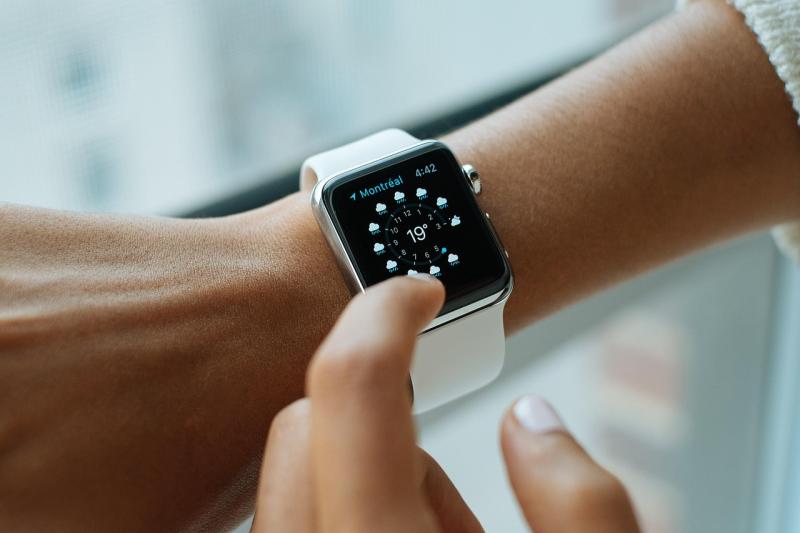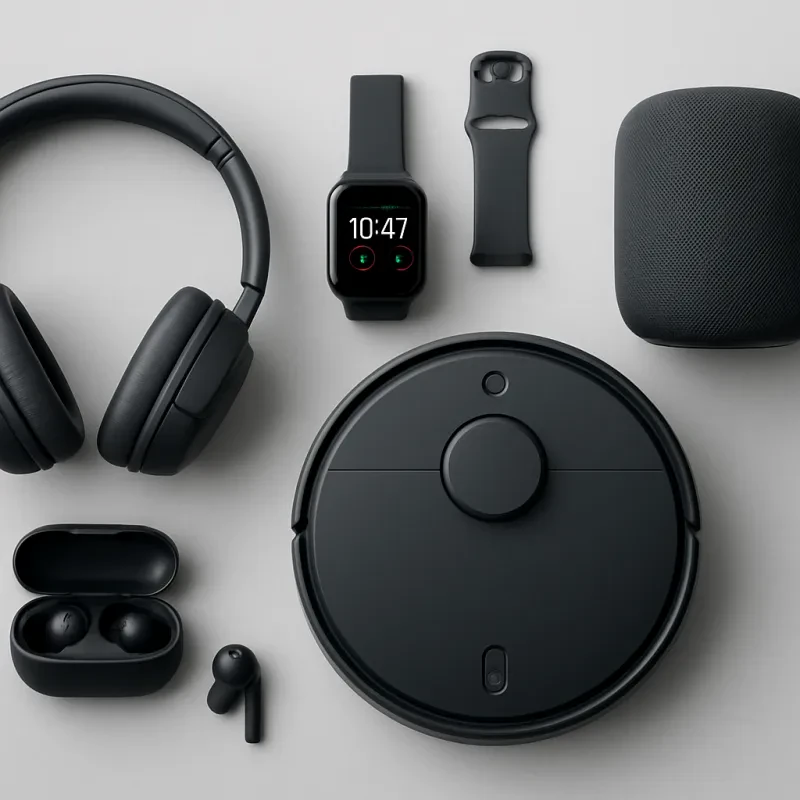Choosing the right laptop size is super important, especially if you're new to the tech game. It all boils down to what you plan to use your laptop for. If you’re just browsing the web or binge-watching shows, a smaller model around 13 inches could be perfect. They’re lightweight and super portable, making them easy to carry around.
If you do a lot of typing or want to multitask with multiple windows open, consider a 15 or 17-inch laptop. These are more comfortable for extended use, especially if you're working on documents or projects. A larger screen can really help with productivity since you can see more at once.
Don’t forget about weight! If you plan to carry your laptop everywhere, a lightweight option will spare your back. Many models now come with thin profiles and cool designs but still pack a punch performance-wise. Just think about what you'll be doing with it, and that will help guide your size choice.
In this laptop buying guide for beginners, remember that there’s no one-size-fits-all. It’s all about balancing screen size with portability. Try checking out a few in-store to see how different sizes feel in your hands. It’s a great way to figure out what works for you!
Understanding Key Laptop Features
When diving into the world of laptops, it helps to know what features really matter. This laptop buying guide for beginners breaks down the key features you should consider. Let’s simplify it!
Processor: The processor, or CPU, is the brain of your laptop. If you want to do basic tasks like browsing the web or streaming music, a dual-core processor should do just fine. But if you're into gaming or video editing, look for something with more cores and speed, like an Intel i5 or i7.
RAM: Random Access Memory helps your laptop run multiple tasks at once. For basic use, 4GB will get you started, but if you want smoother multitasking, aim for at least 8GB. Gamers or heavy users might want to go for 16GB or more.
Storage: You’ll choose between HDD and SSD. HDDs are cheaper and offer more storage, but SSDs are lightning-fast and make your laptop boot up in seconds. If speed is important to you, go for an SSD, even if it costs a bit more.
Battery Life: Check reviews or specs for battery life. A good laptop should last at least 7-9 hours on a single charge. If you plan to take your laptop on the go, don’t settle for anything less!
Budgeting for Your Perfect Laptop
When you start your journey into the world of laptops, setting a budget is key. Everyone has different needs, so knowing what you can spend can save you a lot of time and stress. Start by thinking about how you'll use the laptop. Are you mainly browsing the web, watching videos, or do you need something for gaming or graphic design? This will help you figure out what specifications you should prioritize.
A good rule of thumb is to set a budget range. For basic tasks like word processing and streaming, you can find solid options in the $300 to $600 range. If you plan on gaming or doing more demanding tasks like video editing, you're looking at $800 to $1,500. Going over this range doesn't always mean better quality; it's about finding a laptop that fits your specific needs.
Don't forget about extra costs! Accessories like a laptop bag, mouse, or external storage can add up. You might also want to consider warranties or service plans, especially if you’re prone to accidents. Our laptop buying guide for beginners will help you keep all these factors in mind as you navigate the market.
Finally, always check reviews before making a purchase. It's easy to get caught up in the specs, but real user feedback can give you a clearer picture of how a laptop performs in the wild. Look for insights on battery life, keyboard comfort, and build quality. A laptop is an investment—make sure it’s the right one for you!
Making Sense of Laptop Brands
When diving into the world of laptops, you might feel a bit overwhelmed by all the brand choices available. But don’t worry! This laptop buying guide for beginners will help you make sense of it all. Each brand has its own strengths and weaknesses, so let’s break it down.
First up, we have Apple. MacBooks are known for their sleek design, strong performance, and user-friendly interface. If you’re into graphic design, video editing, or just want a laptop that runs smoothly, an Apple might be your best bet. Just remember, they come with a higher price tag.
HP is another popular choice. They offer a wide range of laptops, from budget models to powerful machines. HP laptops usually come with decent performance and good battery life, making them perfect for everyday use. If you want options, HP has you covered.
Next is Dell, which is famous for its reliable and high-quality devices. The XPS series, in particular, is a favorite among professionals and students alike for its stunning display and solid build. Dell often provides excellent customer service, which is a big plus if you ever need support.
Finally, let’s not forget about Lenovo. Their ThinkPad series is a hit in the business world for its keyboard comfort and durability. Plus, they often have great battery life, making them perfect for long workdays. If you’re looking for a dependable workhorse, Lenovo is worth considering.



